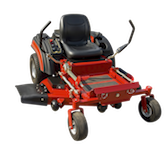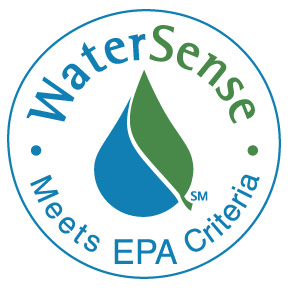Conserving Water
simple Ways to Save Water
The average American uses an astounding amount of water: nearly 100 gallons per day! In the Southwest and other parts of the country, that has created a growing crisis. While we are fortunate in Maine to have relatively abundant fresh water in our aquifers, lakes and rivers, there are already times when we withdraw more than nature can replenish. And as our population grows, families and businesses will place ever-greater demand on a dwindling supply—unless we use water more wisely.
Conserving water will also save money on your GAUD water bill!
HERE ARE SOME PRACTICAL WATER CONSERVATION TIPS TO CONSIDER:
OUTSIDE
Lawn Care
- A heavy rain eliminates the need for watering for up to two weeks. Most of the year, lawns only need one inch of water per week.
- Check the soil moisture levels with a soil probe, spade or large screwdriver. You don’t need to water if the soil is still moist. If your grass springs back when you step on it, it doesn’t need water yet.
- If your lawn does require watering, do so early in the morning or later in the evening, when temperatures are cooler.
- Water in several short sessions rather than one long one, in order for your lawn to better absorb moisture and avoid runoff.
- Use a broom or blower instead of a hose to clean leaves and other debris from your driveway or sidewalk.
- Avoid leaving sprinklers or hoses unattended. A garden hose can pour out 600 gallons or more in only a few hours.
- In extreme drought, allow lawns to die in favor of preserving trees and large shrubs.
Car Washing
- Use a commercial car wash that recycles water.
- If you wash your own car, use a shut-off nozzle that can be adjusted down to a fine spray on your hose.
INSIDE
General
- Never pour water down the drain when there may be another use for it. For example, use it to water your indoor plants or garden.
- Fix dripping faucets by replacing washers. One drop per second wastes 2,700 gallons of water a year.
- Check all plumbing for leaks and have any leaks repaired by a plumber.
- Retrofit all household faucets by installing aerators with flow restrictors.
- Insulate your water pipes to reduce heat loss and prevent them from breaking.
- Choose appliances designed for greater efficiency and performance.
Laundry
- Operate clothes washers only when they are fully loaded or set the water level for the size of your load.
Kitchen
- Operate automatic dishwashers only when they are fully loaded.
- Hand wash dishes by filling two containers—one with soapy water and the other with rinse water containing a small amount of chlorine bleach.
- Clean vegetables in a pan filled with water rather than running water from the tap.
- Don’t rinse dishes before placing them in the dishwasher, just remove large particles of food.
- Avoid using running water to thaw meat or other frozen foods. Defrost food overnight in the refrigerator or use the defrost setting on your microwave.
Bathroom
- Avoid flushing the toilet unnecessarily. Dispose of tissues, insects and other similar waste in the trash rather than the toilet.
- Take short showers instead of baths.
- Avoid letting the water run while brushing your teeth, washing your face or shaving.



